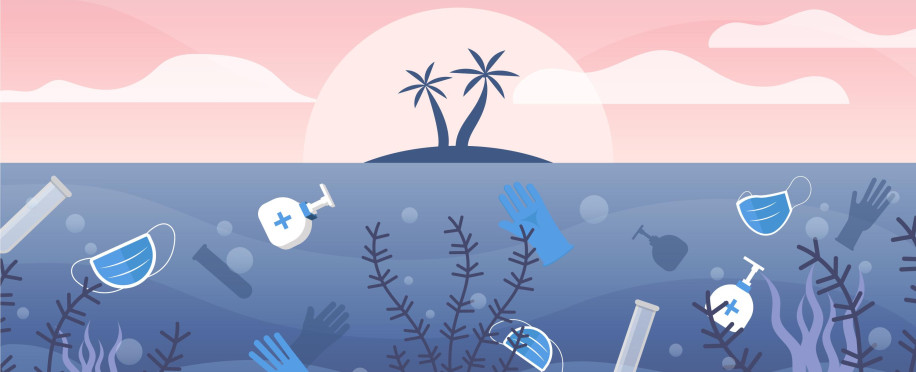Copyright © 2026 lmitac.com All Rights Reserved. Contact - Terms and Conditions - Privacy Policy - Quality Policy - Become an instructor - Vacancies - Sitemap
London Maritime Academy is a trade name for London Premier Groupversion: 2.9.0
London Maritime Academy is a trade name for London Premier Group

Posted on : 11/28/2023, 10:11:31 AM
Last Update : 11/28/2023, 10:11:31 AM
The oceans cover 72% of this world’s surface; thereby, they are fundamental for preserving the delicately balanced ecology on Earth. They are home to various marine life and provide valuable resources and services to the human population. However, over the last few decades, an insidious scourge known as ocean acidification has steadily eroded these marine habitats.
This article will discuss how increasing ocean acidification impacts our environment.
Are oceans even acidic? Aren't they full of salt? So what if they're acidic? Isn't the sea full of water? While all these assumptions are valid for the average person, scientists would say ocean acidification is a growing (and a primary) concern.
If we were to explain the ocean acidification process scientifically, it's the ongoing decrease in the pH levels of the earth's oceans, primarily due to increased carbon dioxide (CO2) emissions. When CO2 is released into the atmosphere, it dissolves and is absorbed by the ocean waters. This excess CO2 reacts with seawater to form carbonic acid, leading to a decrease in pH levels and an increase in the acidity of the water.
Now, so what if the ocean absorbs some CO2? Would it change anything?
Whether or not you’re affected by the hypocrisy dilemma, as it turns out, it's not okay for the ocean to absorb so much atmospheric CO2. The consequences caused by ocean acidification can be quite severe, particularly for marine organisms that rely on calcium carbonate to build their shells or skeletons.
Moreover, the absorption of CO2 reduces the availability of carbonate ions (these ions are a vital building block of calcium carbonate). This reduction consequently impacts the livelihood of sea creatures (corals, oysters, and other shellfish species).
In other words, Lowering the concentrations of calcium carbonate makes it difficult for these animals to live and produce. If this continues to happen, it will ultimately alter the global ecosystems.
The most profound attempt to decrease the harmful effects that ocean acidification has on the climate is to change our behaviour. We can all do our part by reducing our carbon footprint and ensuring we’re not contributing to the problem. Here are some of the basic things companies can do:

The ocean surrounds us all, and nobody is excluded from the aftermath of global warming. So everyone needs to play their part.
We have to start things off with each company changing its strategies. Businesses should start decreasing their carbon footprint by switching from fossil fuels to renewable energy like solar and wind for their business activities. They can also invest in energy-efficient technologies and practices that help minimise their carbon footprint.
What's great about this technology is that it can significantly impact the level of greenhouse gases because it can trap carbon dioxide emitted from industrial processes. Now imagine how positively these technologies will affect the environment. Maritime training courses in London are a great starting point if you want to learn about these strategies.
Companies should focus on reducing waste and marine pollution to build off everything we've previously mentioned. The reality is that some of these changes, like efficient recycling and waste management strategies and clean production methods, can start a revolution in sustainable systems.
Companies have an excellent chance to promote initiatives focusing on sustainable living standards and combating ocean acidification. Companies can partner with policymakers, including governments, NGOs, and other relevant organisations, to promote initiatives leading to emission decline and marine conservation.
The consequence of ocean acidification is so severe that the world needs all hands on deck.
Sustainable seafood companies must promote sustainable practices and support sustainable fisheries.
This includes the use of suitable fishing methods like lowering the amounts of by-catch and minimising stock reduction in an attempt to prevent over-exploitation of fisheries.
After companies start decreasing their direct effect on the environment, it's time to support the experts who seek to create new solutions for addressing ocean acidification. This support might entail funding studies on resilient coral reefs, aqua-cultural sustainability, and alternative products less detrimental to the marine environment.
Ocean acidification is happening, and it's real. We need to do something about it today. By addressing the root causes and implementing proactive measures, we can strive to protect our precious oceans and the biodiversity they sustain.